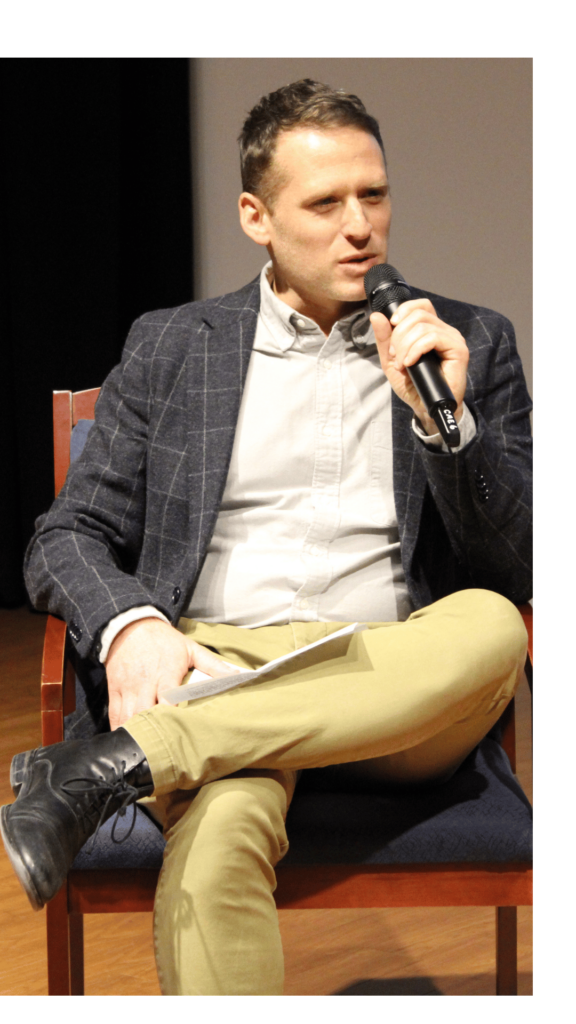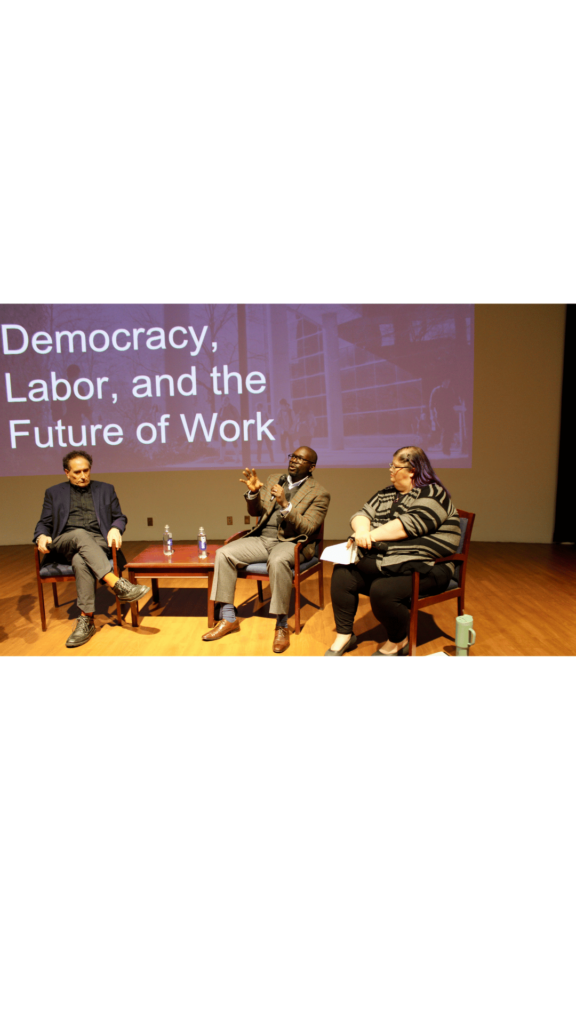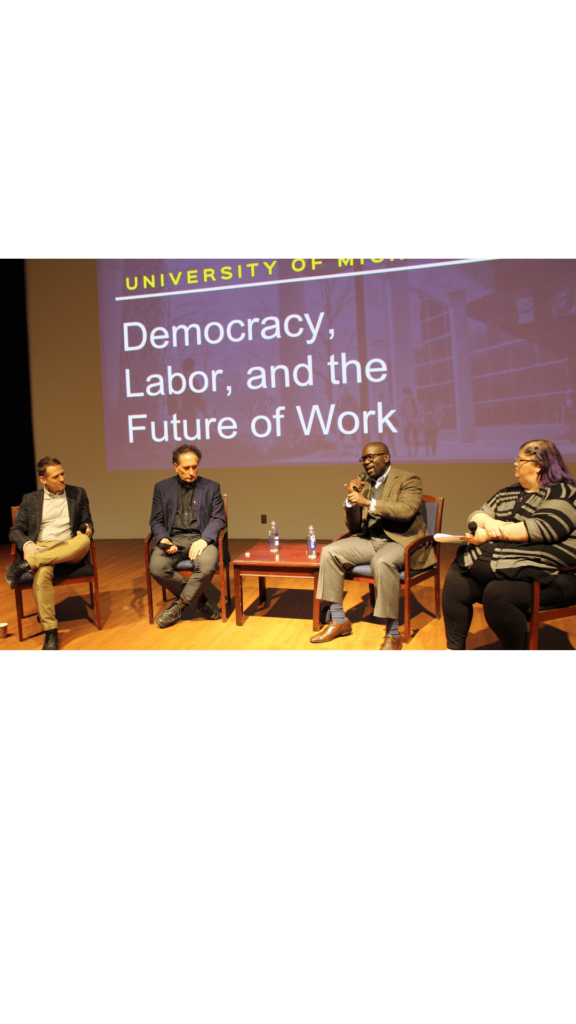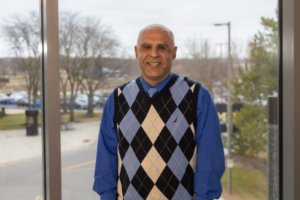Daba Coura Mbow

Jacob Lederman, associate professor of sociology, is the driving force behind the newly established Institute for Society and Technology (IST) at the University of Michigan-Flint. IST emerged from a discussion during the pandemic about the growing relationship between technology and society. Lederman, with a deep-rooted curiosity about the relationship between changes in our economy and society, naturally became an integral part of this initiative.

IST’s core mission is creating a collaborative space, uniting minds interested in dissecting the fusion of society and technology. Lederman emphasized the critical need for interdisciplinary approaches to address the challenges triggered by technological advancements. The institute aims to foster an inclusive environment, inviting faculty, the wider community, and students into discussions regarding the multifaceted impacts of technology on contemporary life. Among its many goals, IST is focusing on a couple of key areas. Lederman talked about plans to investigate how online work is reshaping education and work. IST is especially interested in how new kinds of work, with advanced technologies, will reshape our communities and how people interact. Lederman stressed how important it is for IST to organize events and groups where people from different disciplines, like philosophy and computer science, can explore the ethical and social dimensions of technological change.

Emphasizing its collaborative nature, Lederman highlighted IST as a shared project, encouraging active participation from all stakeholders. The vision is to create an environment conducive to fostering learning and research that resonates deeply in the community. As the conversation unfolded, Lederman also provided insight into how interested individuals could engage with IST, offering avenues for involvement through events, discussions, or research activities. He further shared upcoming events that would serve as platforms to interact with the institute’s activities, underlining IST’s commitment to inclusivity and active participation from all quarters. This discussion illuminated IST’s vision, positioning it as a pivotal platform for comprehensive discussions, in-depth research, and robust community engagement centered around the societal implications of rapid technological advancement.





